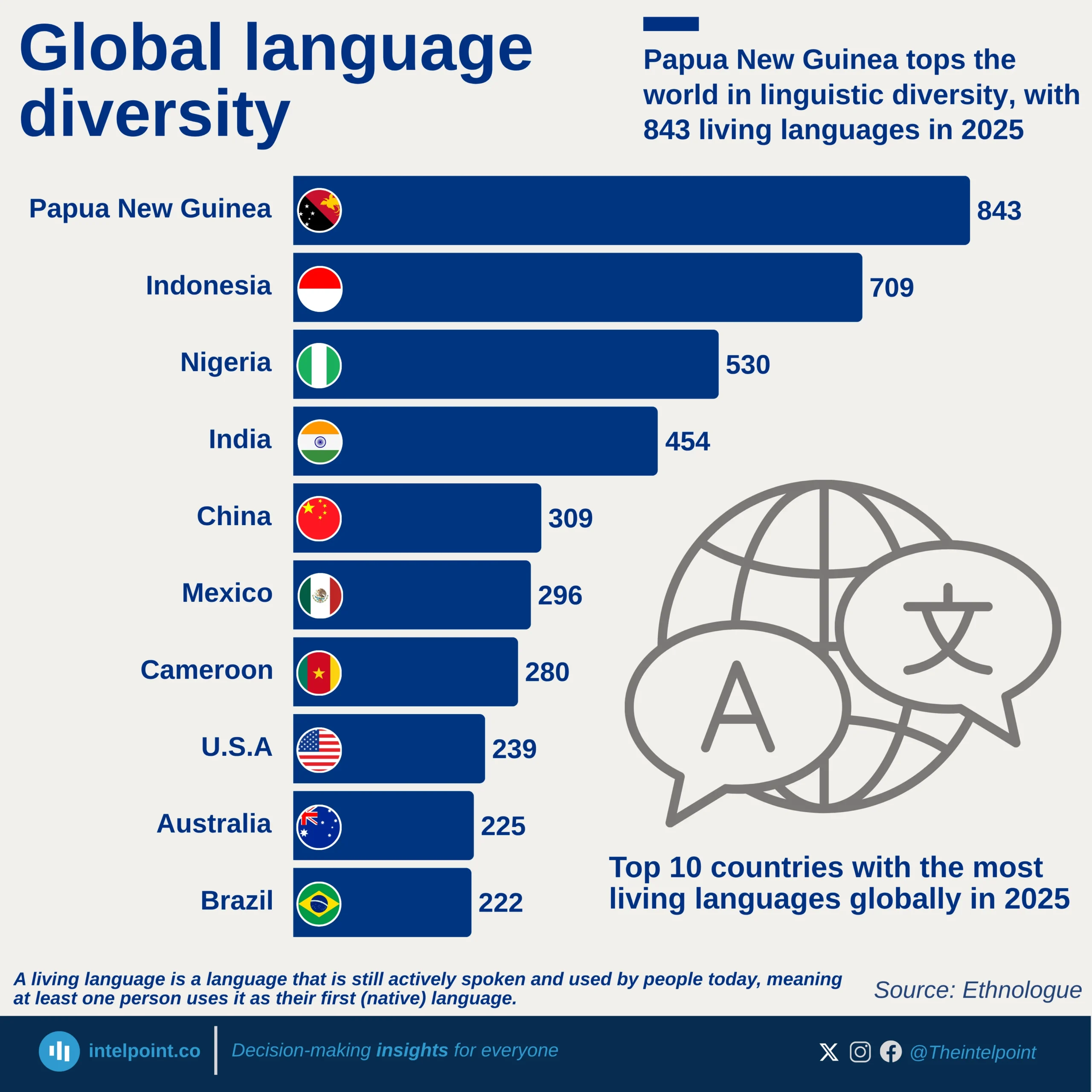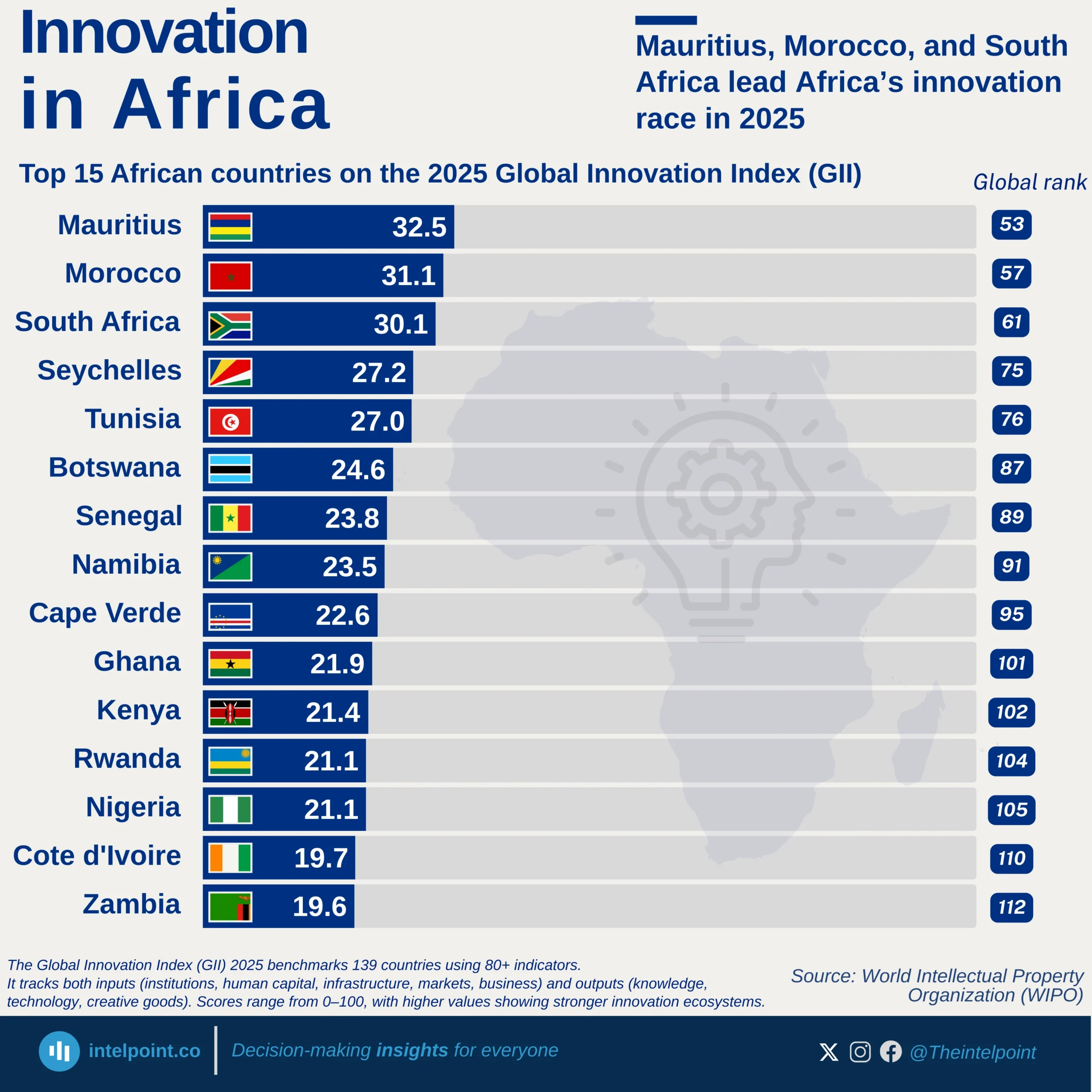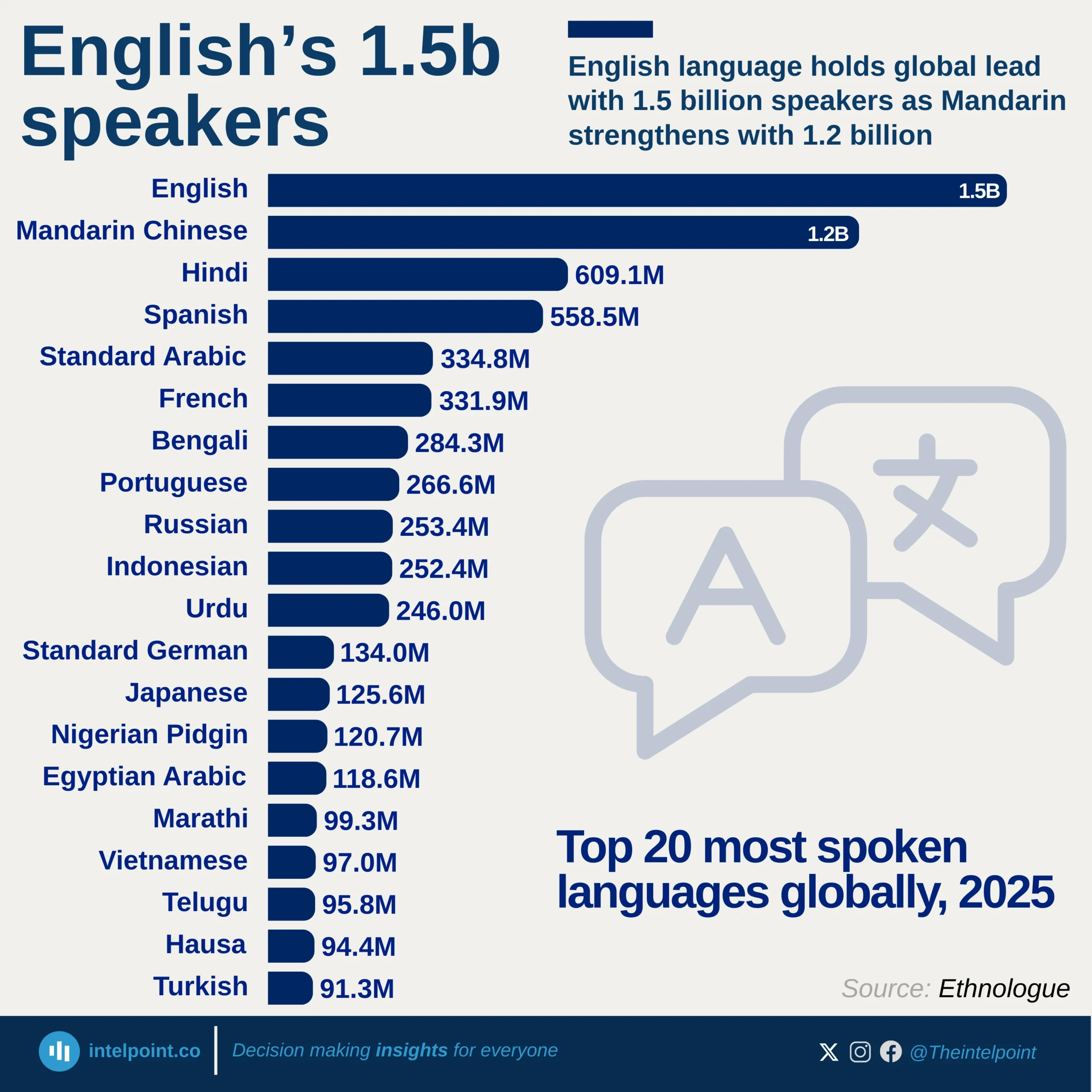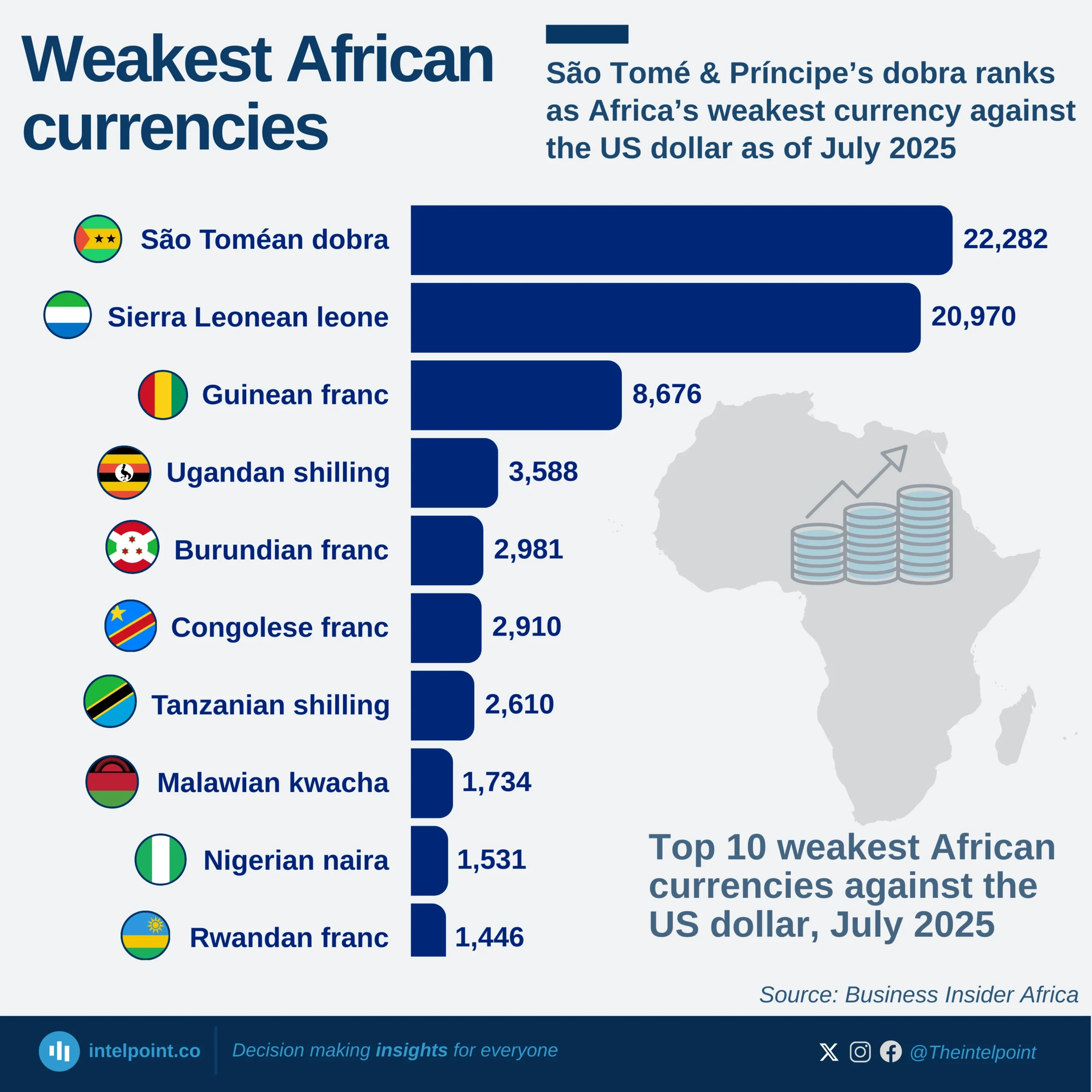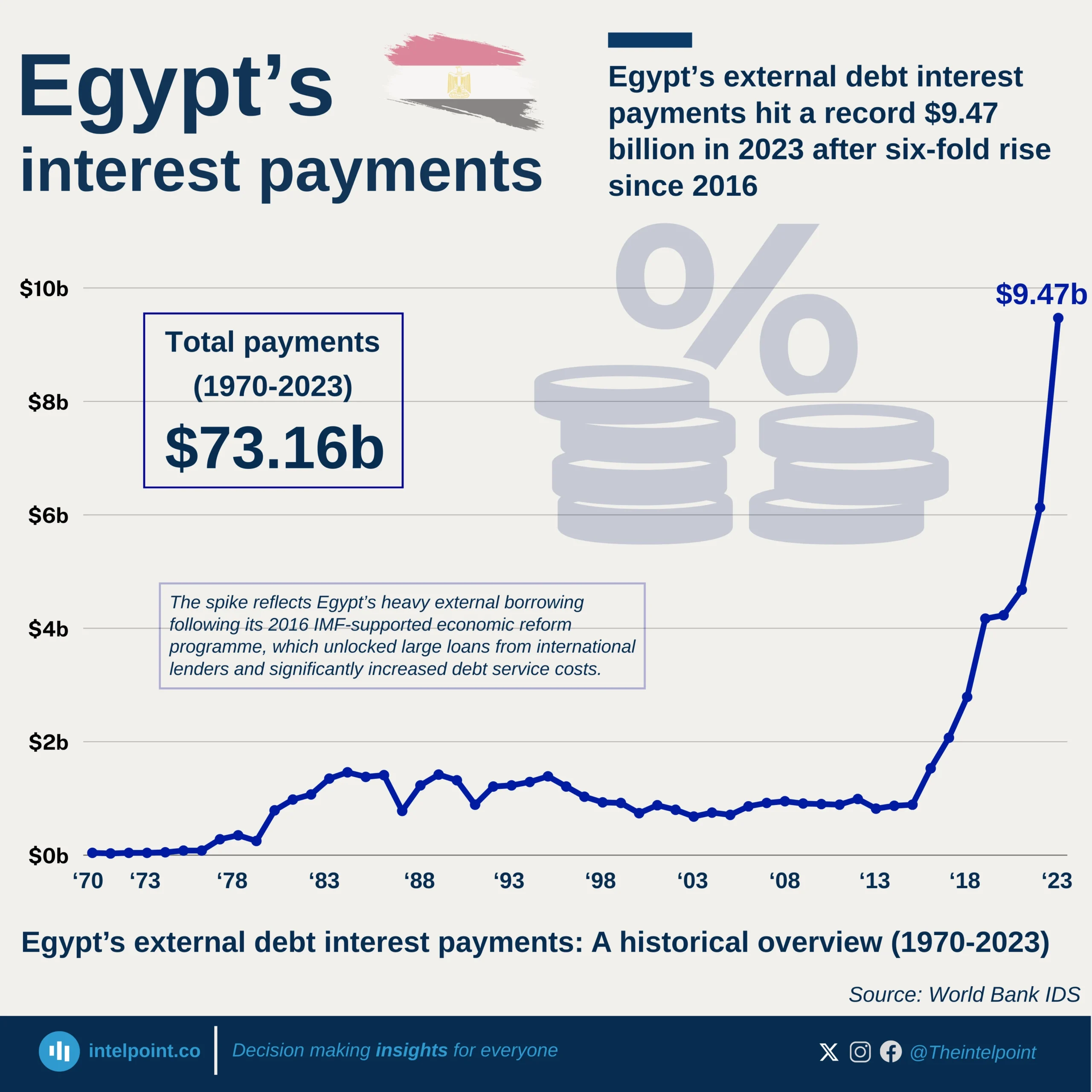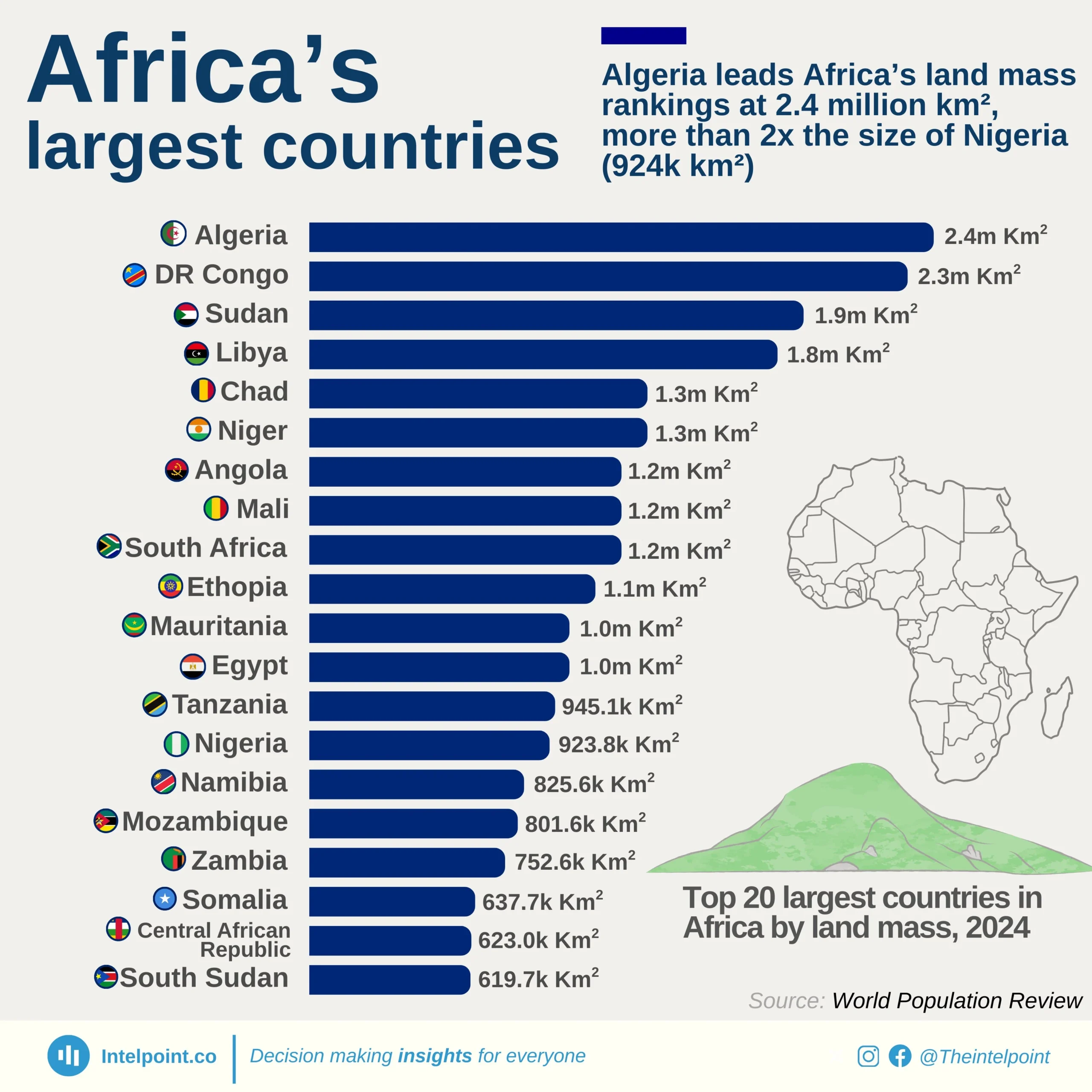The duration of papal reigns varies widely, but Pius IX holds a record that stands tall. He served as pope for 11,465 days, making his the longest pontificate since the 15th century. That’s over 31 years of continuous leadership at the helm of the Catholic Church, a period marked by deep transformations in Europe and the Church’s role within it. Such long-serving popes are rare, with very few crossing the 9,000-day mark.
John Paul II follows with 9,658 days, and Leo XIII with 9,275 days, both reflecting not just longevity but also stability during critical global eras—the Cold War for John Paul II and the industrial era for Leo XIII. Even in modern times, Francis, the most recent pope, spent 4,748 days as pope, placing him among the top long-serving popes.
